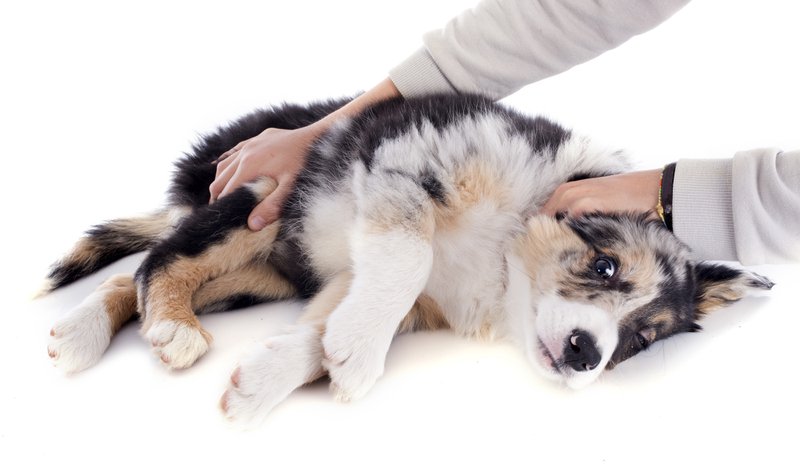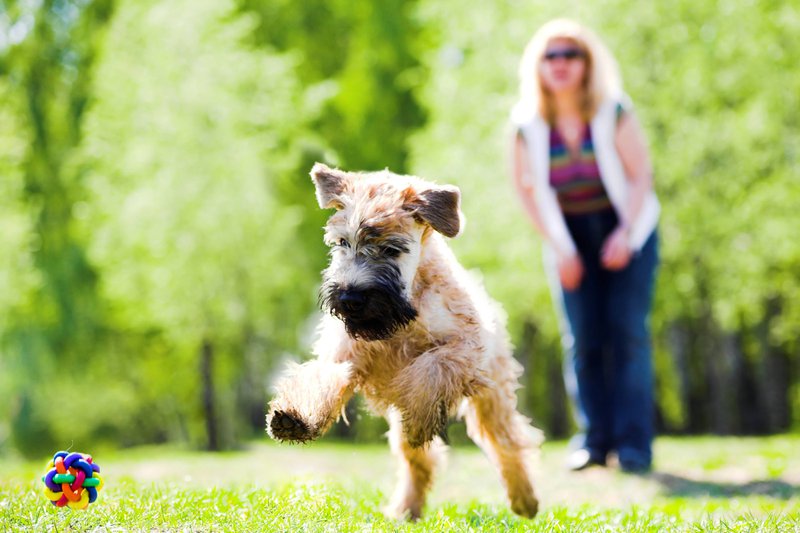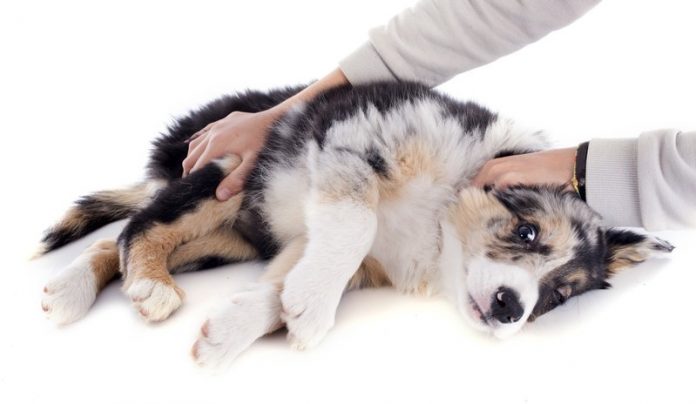Sudden paralysis in dogs is heart-breaking, especially when it happens to your fur-baby. As a pet parent, it can be an overwhelming diagnosis… but there are always ways to survive these trying times and help you increase your dog’s chances of still having a happier and healthier life despite their condition.
In this article, we’ll talk about why sudden paralysis happens in dogs, the causes, the symptoms, treatment, and proper management.

Sudden paralysis is easy to spot as it is sudden and gives you a hint that something is wrong with your dog. Your dog may be immobile completely or may only have some of their legs paralyzed.
Symptoms of Sudden Paralysis in Dogs
Sudden paralysis is easy to spot as it is sudden and gives you a hint that something is wrong with your dog. Your dog may be immobile completely or may only have some of their legs paralyzed. Symptoms of sudden dog paralysis include, but are not limited to:
- Inability to walk properly
- Inability to move some or all legs
- Pain
- Lameness
- Dragging of limb/s
- Weakness
- Loss of Balance
Note: These symptoms happen so suddenly. Your dog may look normal but then they are suddenly not the next day!
The symptoms of sudden paralysis in dogs may be spot-on and easy to recognize but what causes it varies considerably.
What Causes Sudden Paralysis?
Accidents
Sometimes after trauma from an accident, the symptoms of paralysis may not be visible immediately. Your dog might absolutely look just fine. But then paralysis suddenly creeps in after a couple of days.
Tick Bites
Tick bites can be very harmful to dogs so make sure to pay attention and follow up with your vet if your dog has been bitten by a tick. Ticks leave neurotoxins in your fur-baby’s blood and this causes paralysis, especially when your dog’s immune system is weakened.
Infections
Sudden paralysis can happen when bacteria and viruses are carried into your dog’s brain and affect it. Most of these diseases include distemper, meningitis, rabies, etc.
What can you do?
Consult a vet
Sudden paralysis in dogs requires a lot of proper treatment and management. If your dog suffers from this, do not play guessing games or put off your observations just because your fur-baby seems fine. Bring your fur-baby to the vet as soon as possible so your vet can conduct tests and make a proper diagnosis.
Stimulate your dog’s feet
It is important to keep your dog’s legs flexible while still recovering from paralysis to avoid the progress of joint contractures. To do this, bicycle your fur-baby’s paralyzed leg/s in full range motion twice or thrice every day. If the bicycle method is painful for your dog, you can try to squeeze, rub, or tickle your pup’s toes and legs throughout the day. This will improve your dog’s ability to feel their feet.
The more you stimulate your dog’s feet, the better the body works to send remapping signals to the brain, encouraging proper circulation and faster recovery.
Opt for medications and surgery
Depending on the vet’s diagnosis, surgery may be one of the best options. If the paralysis is consequential and severe, surgery may reduce the negative effects and may even shift your pet’s condition. Surgeries include spinal corrections, amputations, and removal of possible tumors.
If the sudden paralysis is caused by infections, it can be treated with antibiotics and some pain reliever as well.
As Walkin’ Pets notes, depending on the severity and cause, surgery may slow down the effects or even correct your pet’s paralysis. Tumor removal, amputations and spinal surgery to correct nerve damage are just a few possible surgical solutions. Immediate medical care and early diagnosis can be key to getting your dog back on their feet as quickly as possible.
Restrict your dog’s movements
One way to manage care for your pup is to restrict their movement. You can do this by confining your pup in a crate while they are still in recovery and giving them enough rest.
If your pup is used to going potty outside your house, Pet Parents® products are very handy and efficient. You can have your pup wear Pet Parents® washable diapers or belly bands so they can do their business just about anywhere, without being stressed about standing up or going out.
Furthermore, if your pup is kept inside a crate or lying down on the couch or on their favorite bed, you can consider adding on Pawtect™ Washable Pads as a lining for that added leakage protection.
These products – premium diapers, belly bands, and pee pads for dogs – have leak-proof, water-proof shells that make sure messes stay inside and won’t cause you any cleanup troubles. These are also made from soft non-abrasive WickQuick® proprietary fabrics that wick away liquid faster than any options in the market. This type of fabric greatly helps prevent diaper rash and urine burns, allowing your pup to feel comfortable, and stops any tracking throughout the house, avoiding messes for you to clean up.
Note: Make sure to change diapers every four hours or as needed.
Be on top of your dog’s nutrition
Staying on top of your dog’s health and nutrition is extremely important for sudden paralysis recovery. It is vital that you provide your pup with a healthy dog diet and some Pet Parents® Hip and Joint Supplements to help your dog cope up.
These hip and joint supplements for dogs contain PurforMSM® & Glucosamine for dogs that help create a cushion around the joints to promote joint lubrication, supporting comfortable movement & flexibility for your paralyzed dog. It also has balanced Kollagen® & Chondroitin for that aid in premium support for mobility & overall hip & joint health.
If sudden paralysis happens to your fur-baby, do not lose hope. There are a lot of assistive ways to help make your dog’s life easier, happier, and healthier, and get them back on their feet faster.

” Provide your pup with a healthy dog diet and some Pet Parents® Hip and Joint Supplements. These supplements contain PurforMSM® & Glucosamine for dogs. “
//




